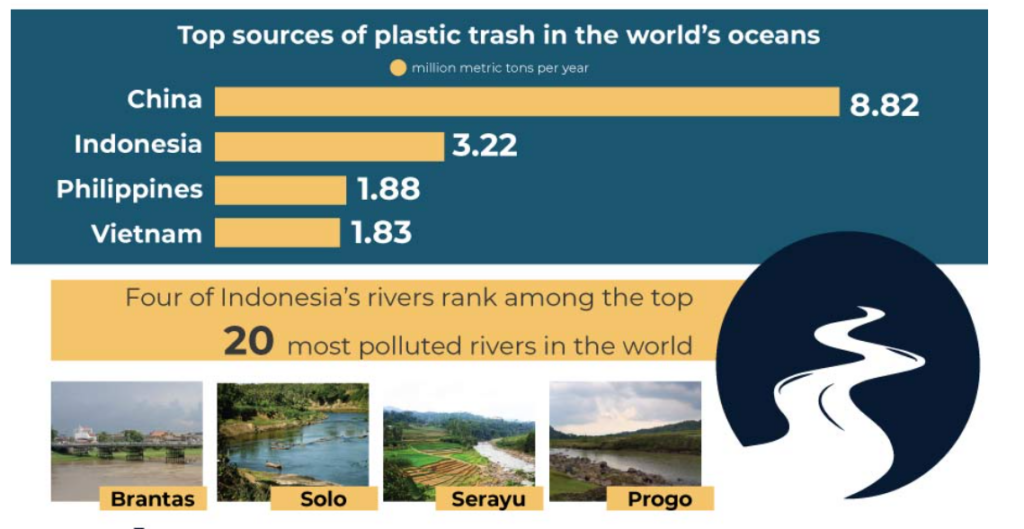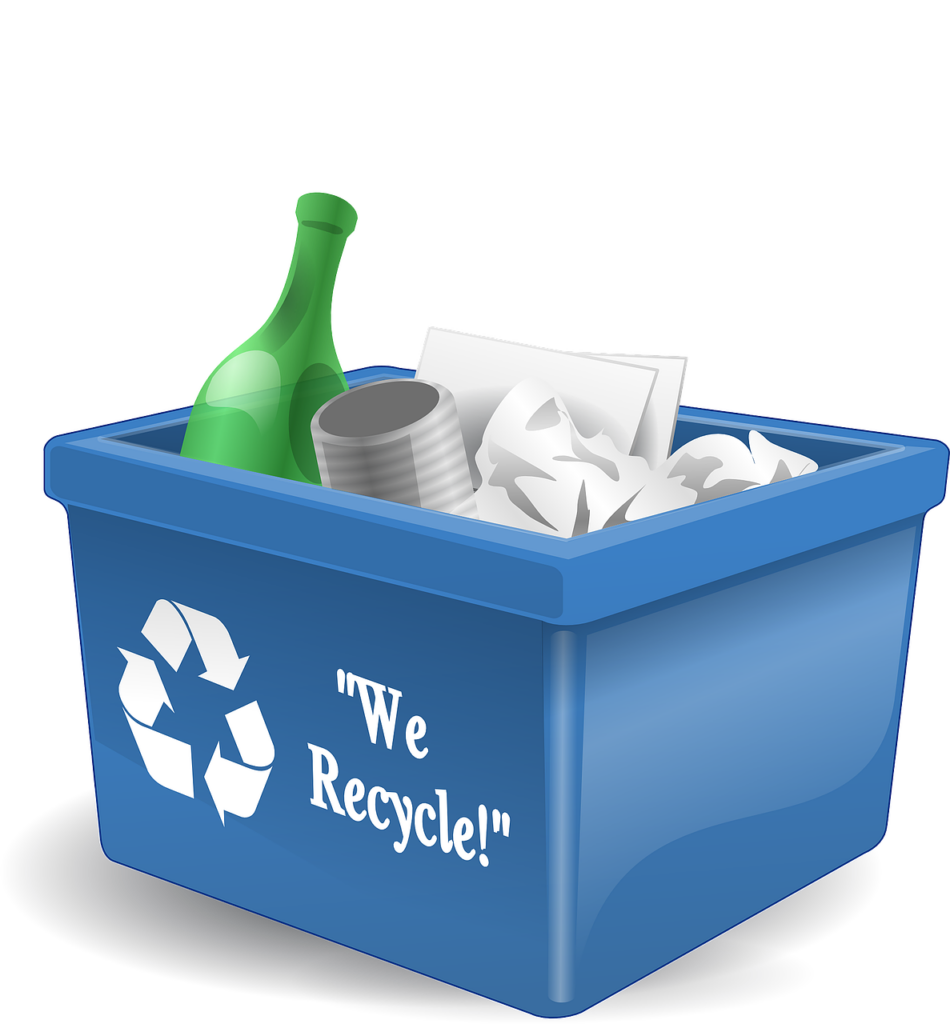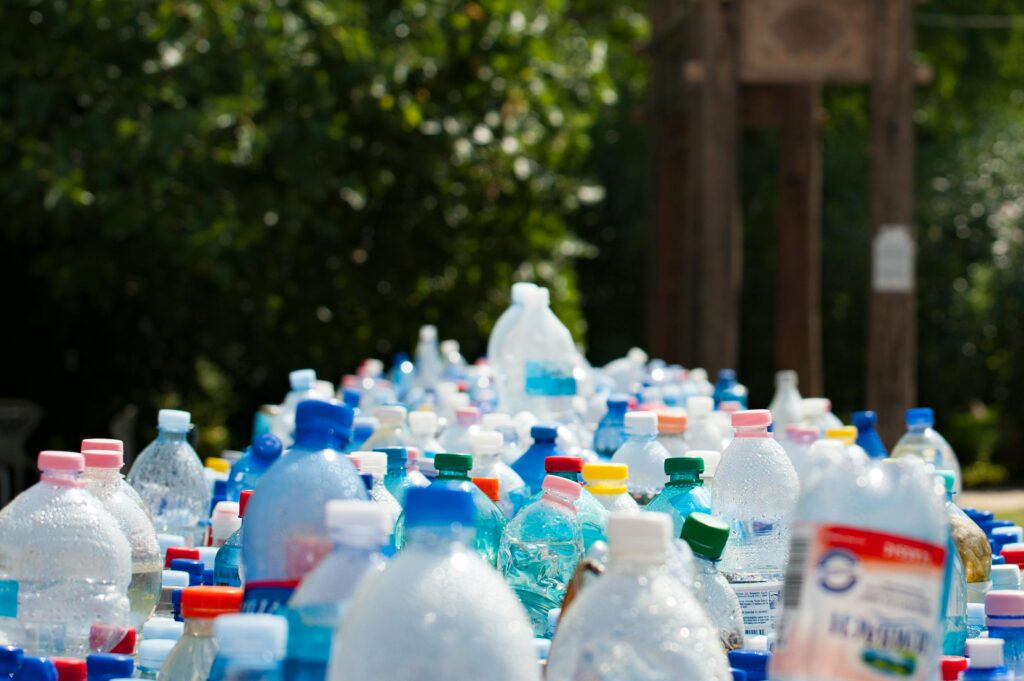Influenza to Pneumonia



Aquaplaning, also known as hydroplaning, occurs when a vehicle’s tires lose contact with the road surface due to a layer of water, causing a loss of traction and control. Water builds up between the tires and the road faster than the tires can disperse it, leading to skidding or sliding.
It is most common during heavy rain or on wet roads and can be dangerous, especially at high speeds. To prevent aquaplaning, drivers should reduce speed in wet conditions, ensure tires have proper tread depth, and avoid sudden braking or sharp turns.









By Happy Tarumadevyanto-
| EOS Communication Associate; CEO Environmental Asia |
Waste management in Indonesia faces significant challenges, including the increasing volume of waste, limited infrastructure, and low public awareness of recycling. Most waste still ends up in landfills, using open dumping or landfill methods. Government efforts include plastic waste reduction programs, establishing waste banks, and waste-to-energy initiatives. However, success depends on public participation, education, and support from technology and regulations. Moreover, collaboration between the government, private sector, and local communities is key to creating a more effective and sustainable waste management system for a cleaner and healthier environment.

Source: Various, https://theaseanpost.com/article/indonesias-plastic-waste-problem
Challenges like insufficient infrastructure, low public awareness, and high waste production, especially plastic. Efforts include government initiatives promoting recycling, community waste banks, and waste-to-energy programs. Public-private partnerships and grassroots movements are vital in addressing waste issues and fostering sustainable practices for a cleaner environment.
1. Plastic Water Bottles
Plastic water bottles are one of the worst indoor pollutants.
Plastic bottles are considered one of the worst indoor pollutants because:
Proper waste management is essential to reduce the environmental and health impacts of plastic waste.

Waste management in Indonesia faces challenges like insufficient infrastructure, low public awareness, and high waste production, especially plastic. Efforts include government initiatives promoting recycling, community waste banks, and waste-to-energy programs. Public-private partnerships and grassroots movements are vital in addressing waste issues and fostering sustainable practices for a cleaner environment.
1. Plastic Water Bottles
Plastic water bottles are one of the worst indoor pollutants. People often dispose of plastic bottles irresponsibly after use, causing significant harm to the environment.
Plastic bottles are considered one of the worst indoor pollutants because:
Proper waste management is essential to reduce the environmental and health impacts of plastic waste.
Utilizing Plastic Bottles
With creativity, plastic bottles can be repurposed into useful items, reducing waste and supporting sustainability.
People often dispose of plastic bottles irresponsibly after use, causing significant environmental harm.
